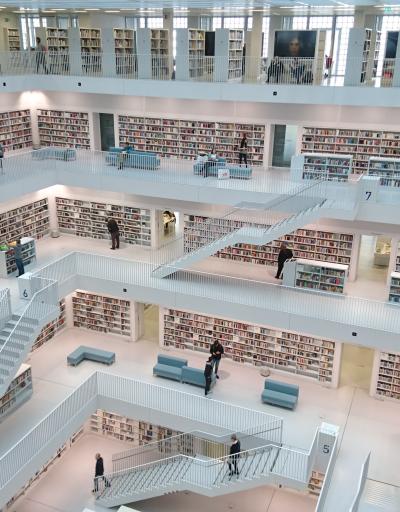
Shutterstock
Supporting the national minorities’ culture and its integration into the belarusian society

Where
Belarus
Belarus
When
2020
2020
Who
Мinistry of culture of the republic of belarus , belarusian center of national minorities
Мinistry of culture of the republic of belarus , belarusian center of national minorities
Website of the policy/measure
Website
Website
Read the full report
Go to full report
Go to full report
Description of the policy/measure
In accordance with the law of the republic of belarus on national minorities (adopted in 1992, latest revision of 2007), all the citizens of the republic of belarus, regardless of their nationality, shall enjoy the protection of the state on an equal basis (article 13). they shall have equal political, economic and social rights and freedoms (article 6). the republican center of national cultures was established to implement the main provisions of this law, to strengthen the inter-ethnic harmony, to create conditions for the practical enforcement of the rights of the citizens of belarus of different nationalities and to satisfy their cultural interests. there are 21 public national-cultural associations operating in the center, 11 groups of art work, such as the folk choir of the ukrainian song krinitsa, the collective of korean culture "arirang", the armenian folklore ensemble "erebuni", the gypsy dance ensemble "cherginori", the kazakh creative team "saltanat", the choir of the polish song "mayevy kvyat", etc. there are courses of the georgian, lithuanian, polish, korean, and ukrainian languages. the center for national cultures is the organizer of the belarusian festival of national cultures, which has been held in grodno every 2 years since 1996 and gathers more than 1000 participants -- representatives of about 40 nationalities residing in the republic of belarus or invited as guests of the festival. the center also contributes immensely to the support of the belarusian diaspora abroad: it organizes trips for belarusians abroad to their homeland, their creative team performances in belarus, collaborates with the belarusian schools and gymnasiums in lithuania, latvia, poland, organizes summer camps and belarusian language courses for children of belarusians residing abroad.
2005 Convention Monitoring Framework Goal(s)
Area(s) of Monitoring
Cultural Domain(s)
Results achieved
Increasing the tolerance, integrating national minorities into the belarusian society, supporting the cultural diversity and promoting intercultural dialogue, educating young people and adults.


